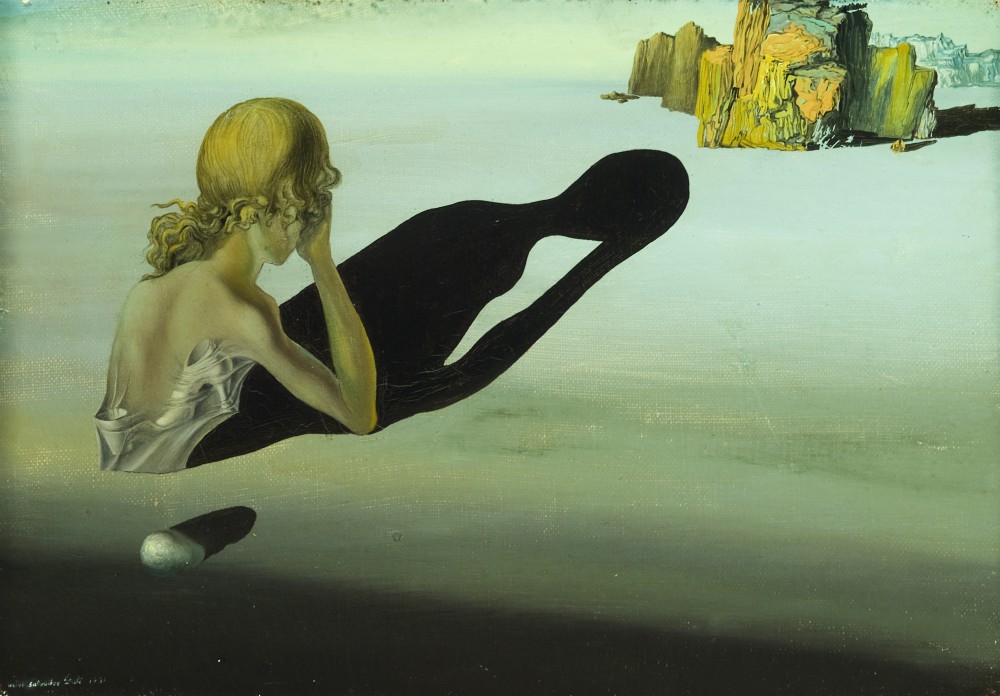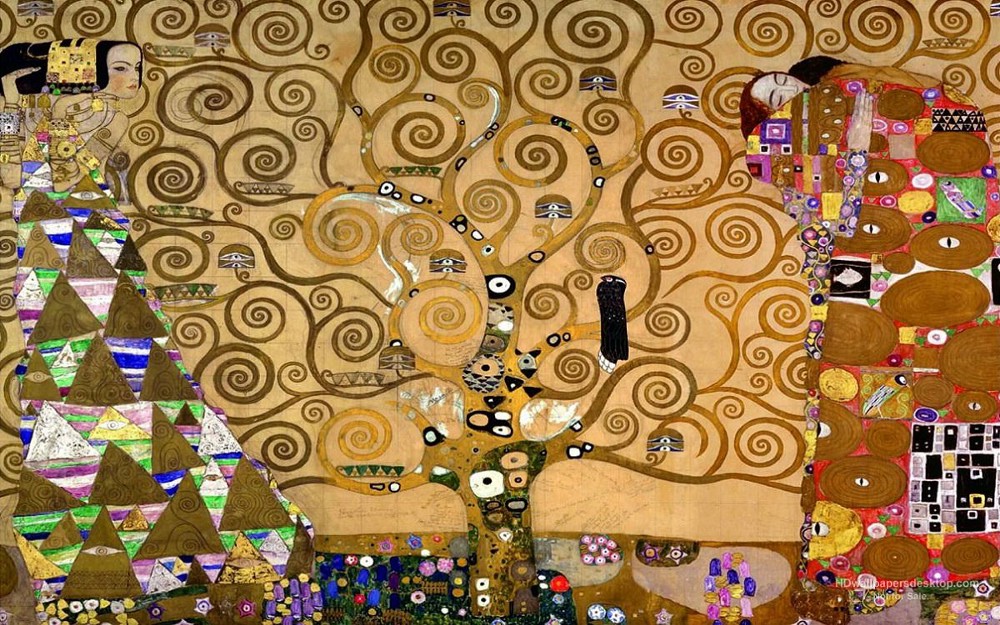
there is only one goal in evolution, to develop time resilient beings.
I woke up this morning and I stepped into my bathroom, eager to freshen up and start my new day with aplomb. Flowing from the ceiling, my newly set up naturally yellow light was swiping softly on my face and hands. You see, just yesterday I’ve spent half the day perched on a not tall enough stair, fiddling wires to install a new Phillips lighting system promising perfect daylight hues. And behold, this new light is awesome, daylight hues and all. I should feel awesome. Yet I don’t. The natural tones, well, toned down the brightness of the previous filaments. With less photons crowding the room, darkness does its artistry better. The dark has its soft brush painting details and depth just enough for my mirror to reflect my ageing skin straight into my retina, who pipes the sudden acknowledgement to my amygdala, who wakes up from the catacombs of the hippocampus my deepest fear of wasted potential brought by the inevitable death, a death that is currently meticulously busy breaking the collagen in me.
Do you ever feel like this? Like, I don’t fear death. Death after all is just that time before I was born, I’ve been there before so there is nothing to fear. Like this, I mean like a sorry filled anguish that all this construction which you are has no accurate and precise use, and that at some random and dimensionless point in time you’ll cease to exist. Such a waste of potential. All the potential in this entangled circuitry inside that pretty decorated skull doing its best to remain sane, all the potential of this virtuous orchestra of a body doing its best to remain whole.

I find the hardest is to let go of my scars and scratches, of my bruises, of the blood spilled, of the bumps and hurts, of the tears and screams, of the revelations, epiphanies and amazing laughs, of the look in my eyes, that look in my eyes which changes every year, getting deeper, farther and more detached. What were all they for? As my body is to be returned to the countless armies of molecules roaming reality, what is the me in I for?
What am I for? That is easy. I am a domino piece that falls only to advance the plot of a four billion saga between life and its nemesis time. Once I grasped this, a swath of new hidden doors clicked open. Yet, lacking time, I did not open them all, yet. Not even enough. But I have this permanent sensation that they’re just waiting for my gentle push.
Nevertheless, I still live forgetting this, I live for the me in I. I live to conserve this sum of experiences that defines me. Separation embraces me firmly and just like Temple Grandin’s cows my I feels safe enough to wait for the slaughter. I submit in the ecstasy of my subspace to the domination of master time, tied to teleomeres whose length is the length of the rope around my neck.
But there are no safe words. No matter what I cry out, no matter my intonation, master time has its way with me, just as the newly revealed details of age, brought forth by the light in my bathroom this morning, reminded me.
what is the me in I for?
The me helps the I face the torture of its slow death.

You see, the embedded evolutionary meaning to build time resilience is our blind spot, a blind spot of awareness caused by the illusion of free will.
Do you know the worst part about your eye’s blind spot? It is not that it renders invisible a part of reality, but the fact your brain will fill in the missing patch of reality with the most probable input. While for dodging obstacles and fending predators this behavior works great, when the blind spot is higher up in the layers of abstract consciousness it wrecks havoc. Briefly, we forget we’re dying, and, only if we’re at some particular condition, we catch a glimpse of the monster chipping away at us, in all other times we fill in the specter of death with the most probable input of consciousness: illusion. Illusions of grandeur towards nature, illusions of eternity towards other humans, illusions of superiority towards our flesh and blood bodies, illusions of separation from our very own life support, illusions of cleanliness towards the dirty and foul billions of cells hosting our illusions, and the relentless desire of twisting ourselves into something else.
That is why, I believe anyone who wants to scale back is not really a a progressive. They may have a progressive agenda but if your focus is humans, you will by default give progress a step back. You see, it depends on what is your responsibility: humans or humanity. If your concern are humans, then this concern can only grow, while if your concern is humanity, the size of the preoccupation and the scope is constant.
Indeed, if the problem is technology, then the solution is more technology. If you are one worried about “too much technology”, you might be in the wrong.
There have been plenty of centuries far worse for 99% of humans than for the current 99%.
This is the main argument for technology and its focus on humanity. We’re a species that keeps building on previous milestones. For the 1% there has been only some little benefit from humanity’s progress, in fact for every bump in the comfort of the 99%, there was a dimple in the safety of the 1%, hence there is no economic drive in making up technological progress.
Technological progress builds on our embedded azimuth of immortality.

There are in fact two factors describing progress for humanity: life expectancy and population growth. These factors are intertwined and help each other out: the more folk the more genome health, the longer the life the more folk. I think these two should be the greatest focus of our collective technological effort. Actually, it doesn’t matter what I think. At all. What you think doesn’t matter either. Overall the domino keeps falling, and that awakening all priests like to mesmerize egos with is about making death a choice of the human, not a whim of the universe.
I have no idea if that exponential curve you keep seeing whenever someone touches that dreadful idea of “singularity”, sorry Peter Diamandis but this word is so bombastic, that curve where suddenly the computing power reaches that of all human brains, no idea if that curve means anything other than a random factoid found by future generations in some footnote. I have no idea if futurologists like Ray Kurzweil or transhumanism as a philosophy mean more than hubris and the desperation facet of hope. It is actually something I deeply want not: a hopeful future, as I believe hope does only one thing, hope gives birth to disillusionment.
Yet, a technology driven future is the best use I can think of for all this complexity we’re made of, the true use of the me in I. It is the expression of the evolutionary goal of time resilience. We accrue knowledge, an ever more fine interpretation of it, so that each domino sits higher, standing on the previously fallen dominoes, all for the glorious moment when one domino will make that crucial sidestep and end the war with the insistence of life winning on the persistence of time.
Hence, in my mind, anyone who wants to scale back is not really a a progressive, even if progressive otherwise. Back to working the fields with bare hands? No, thank you. Back to housing made of clay? No, thank you. Dismantle global trade and reinstate the mind boggling mesh of economic borders in all its painful glory? No, thank you, no.
Does this sound like blasphemy to you, the praise of globalization in particular? Well, nothing in particular is neither good, nor bad. Good is stability and certainty and bad is instability and uncertainty. Right and wrong are interpretative and custom to every culture. That is why we have people on moral high ground claiming life extension is immoral, while silently waiting for your random disappearance is morally sharp — in reality, all faulty interpretation of the comfort instilled by a tight leash held strongly at the other end.

You want to stall progress because something is not “natural”? Well, I say nature is not progressive enough. Does this mean I have fallen into the matter? That I deny my divine making or maker? No, worry not, I am still a spiritual being, just like you. It’s just that I’ve found out that we both contain a me sculpted on the inner walls of our I. And it is my belief that this me will eventually rip through the I and, like the butterfly out of its cocoon, or the alien embryo who made it, who knows, it will become the eternal being which the me is meant to be, the me in I, the me in you becoming all those beings who will bless this plane of existence with the grace of true, complete and ultimate freedom: the freedom from death.
All of my scars and scratches, of my bruises, of the blood spilled, of the bumps and hurts, of the tears and screams, of the revelations, epiphanies and amazing laughs, and the look in my eyes, that look in my eyes which changes every year, getting deeper, farther and more detached, as my body is to be returned to the countless armies of molecules roaming reality, will have served to nudge life closer to beating time at its own game, and yours as well shall have done the same thing, and all ours together yet even more, piles of bodies feeding the cycle and armies of souls returning to their far home, all for some distant me to finally descend into a perfect homeostasis which doesn’t decay, in spite of time’s arrow relentlessly trying to pierce it, a me free from decay, a me free from death, a me that can finally use time to help the I transcend to whatever it used to call home.

Love me, I still dare you,
A